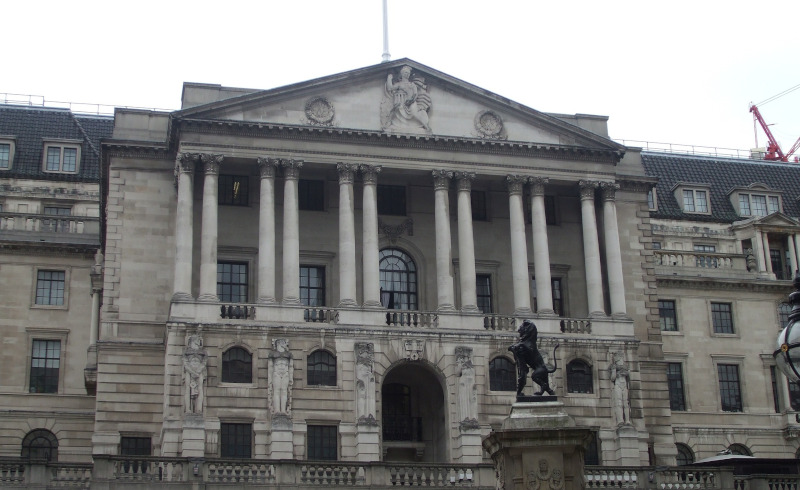
In an effort to combat high levels of inflation, the Bank of England has increased its base rate further from 4.25% to 4.50% – the 12th consecutive increase. The base rate is now the highest it has been in almost 15 years, since October 2008 which was the height of the global financial crisis.
The increase is likely to see mortgage and loan repayments rise for those not in fixed term deals. In contrast, it will also mean that you can earn more from savings. Currently, the most competitive rate available on an easy access savings account is around 3.70% gross AER variable. This may rise in the coming weeks following the announcement.
Under current legislation, basic and higher rate taxpayers have a Personal Savings Allowance (PSA) which is the amount of savings interest that can be earned tax-free. For basic rate taxpayers, the allowance is £1,000 pa, reducing to £500 pa for higher rate taxpayers. Additional rate taxpayers aren’t entitled to a PSA.
As above, rising interest rates are typically a benefit to savers. However, this could also see some exceed the PSA, giving rise to an income tax liability on the interest in excess of the PSA. Any tax due is typically collected by HMRC automatically, through their pay as you earn (PAYE) system.
One method to reduce taxable savings interest is to place money into a cash ISA, as any interest earned within this is tax-free. However, contributions are limited to the ISA allowance of £20,000 per tax year, including those made into stocks and shares ISAs.
Another method is to place money into NS&I (National Savings & Investments) Premium Bonds. These currently have an average prize rate of 3.30% pa gross, and any winnings are received entirely free of income tax. However, as this is the average prize rate, there is no guaranteed rate of return.
If you have any questions on the above, or would like to discuss anything further, please don’t hesitate to contact a member of our team.